In a significant move to address environmental concerns and bolster domestic steel production, the United States is fast-tracking the implementation of carbon import tax legislation. The primary target is carbon-intensive steel imports from Asia, with a particular focus on China. This initiative is in line with both trade and environmental policies, reflecting a growing global awareness of the need to mitigate carbon emissions associated with industrial activities.
The steel industry, a major contributor to carbon emissions, has expressed support for the proposed carbon border fee. By imposing such fees on carbon-intensive imports, the US aims to level the playing field for domestic steel producers, encouraging cleaner and more sustainable practices.
However, critics argue that implementing fees on domestic production could potentially redirect funds away from initiatives promoting clean steel production. Striking the right balance between environmental responsibility and supporting local industries remains a challenge for policymakers.
Simultaneously, both the United States and the European Union are engaged in extended tariff negotiations, facing hurdles in achieving significant progress. The negotiations are crucial, as they play a pivotal role in shaping international trade dynamics and addressing global concerns about fair competition and environmental impact.
China's steel exports experienced a notable surge in 2023, intensifying the need for protective measures to safeguard domestic steel industries. As discussions and negotiations unfold, the world watches closely to see how nations navigate the intricate intersection of trade, environmental sustainability, and economic growth.


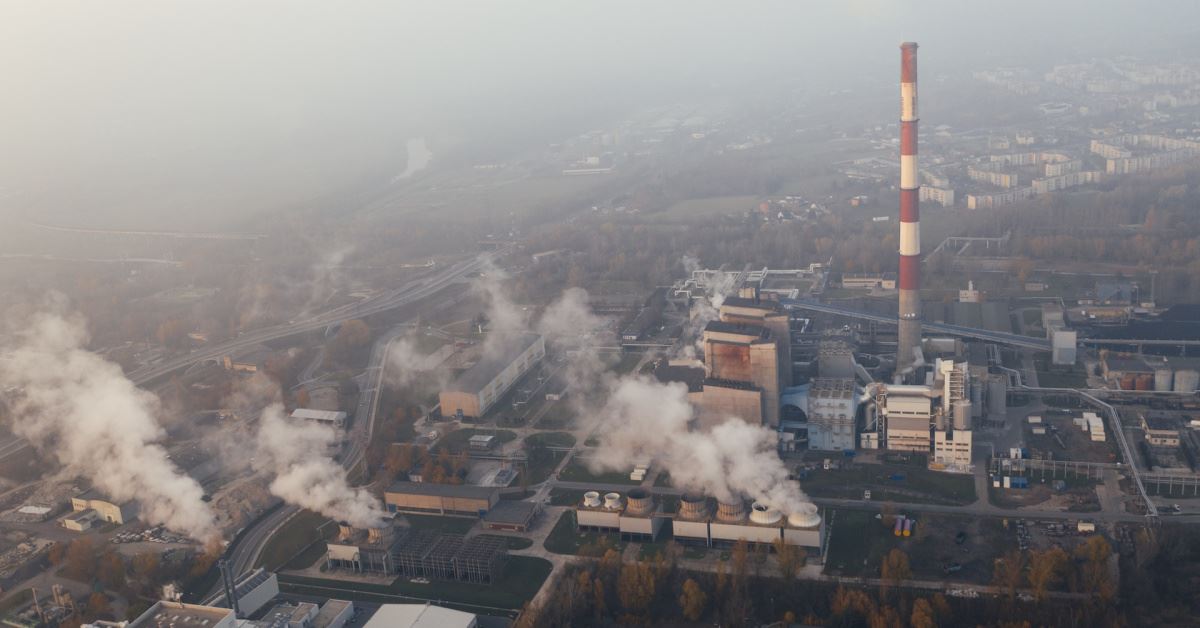
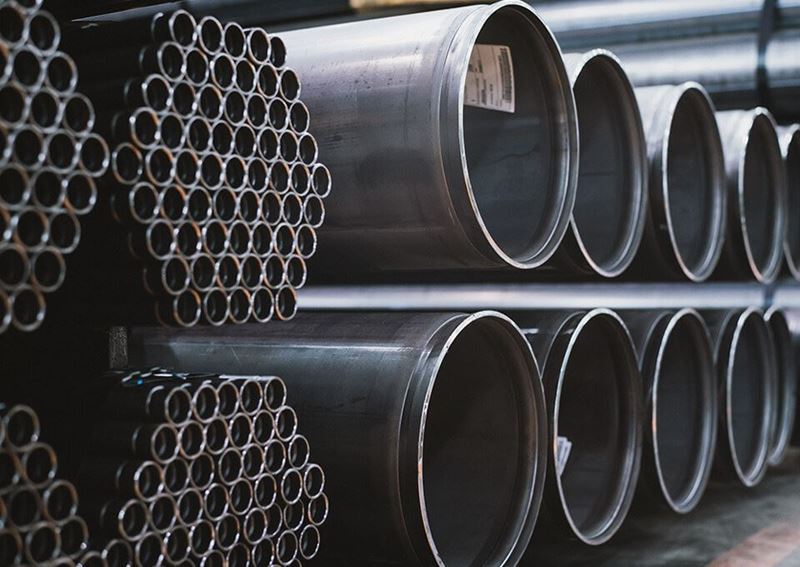
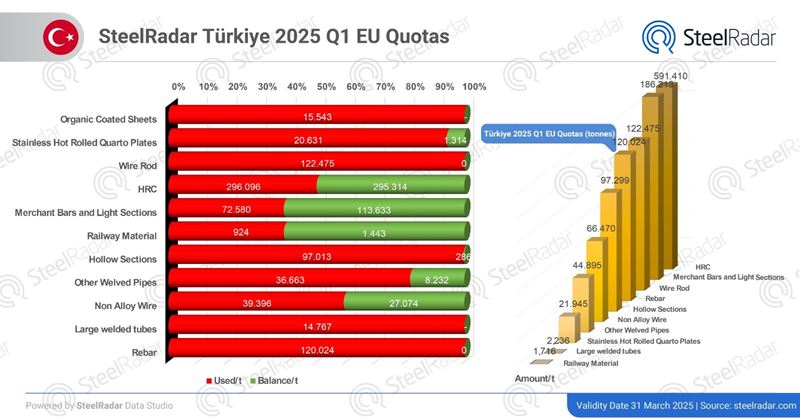
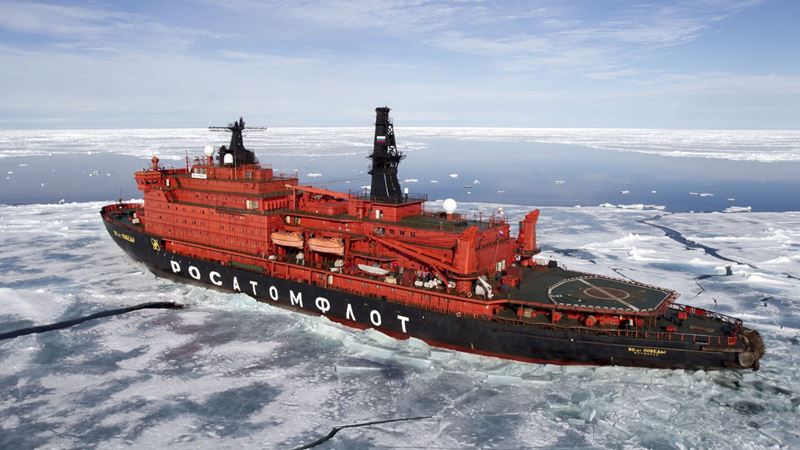
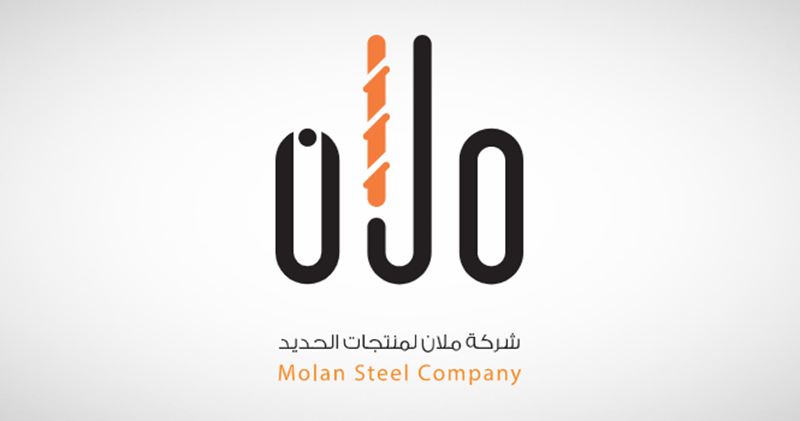
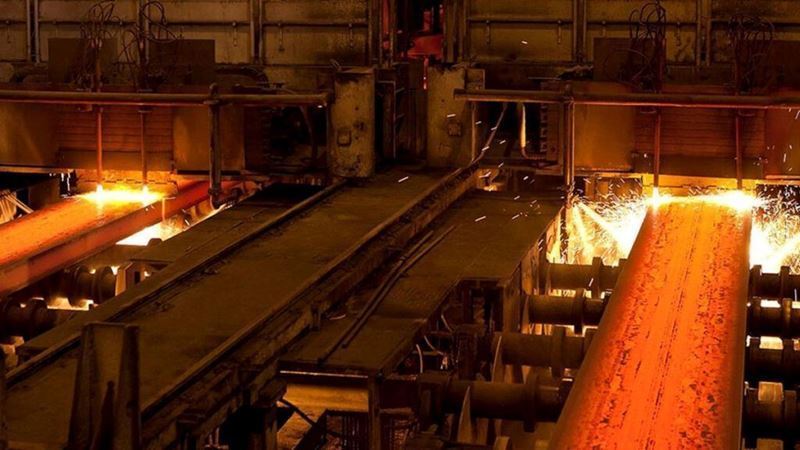

Comments
No comment yet.